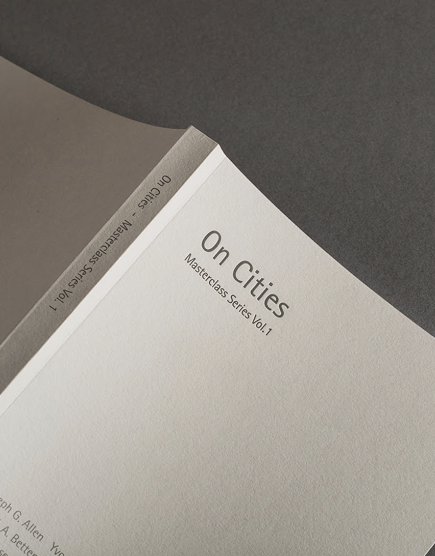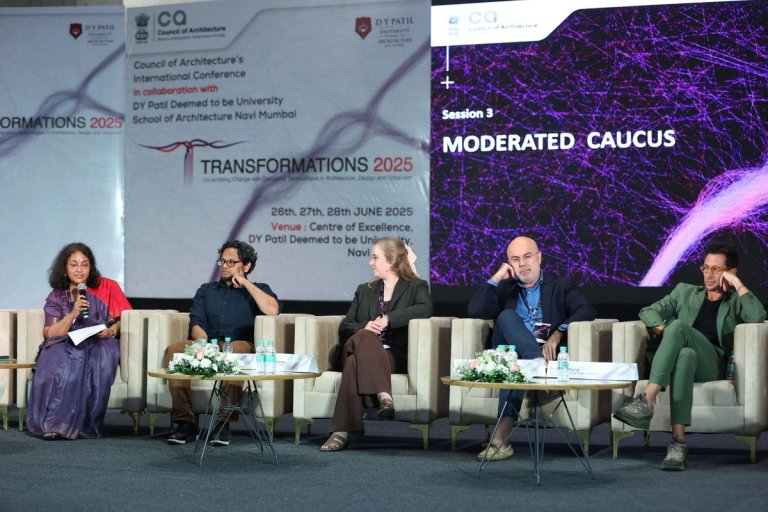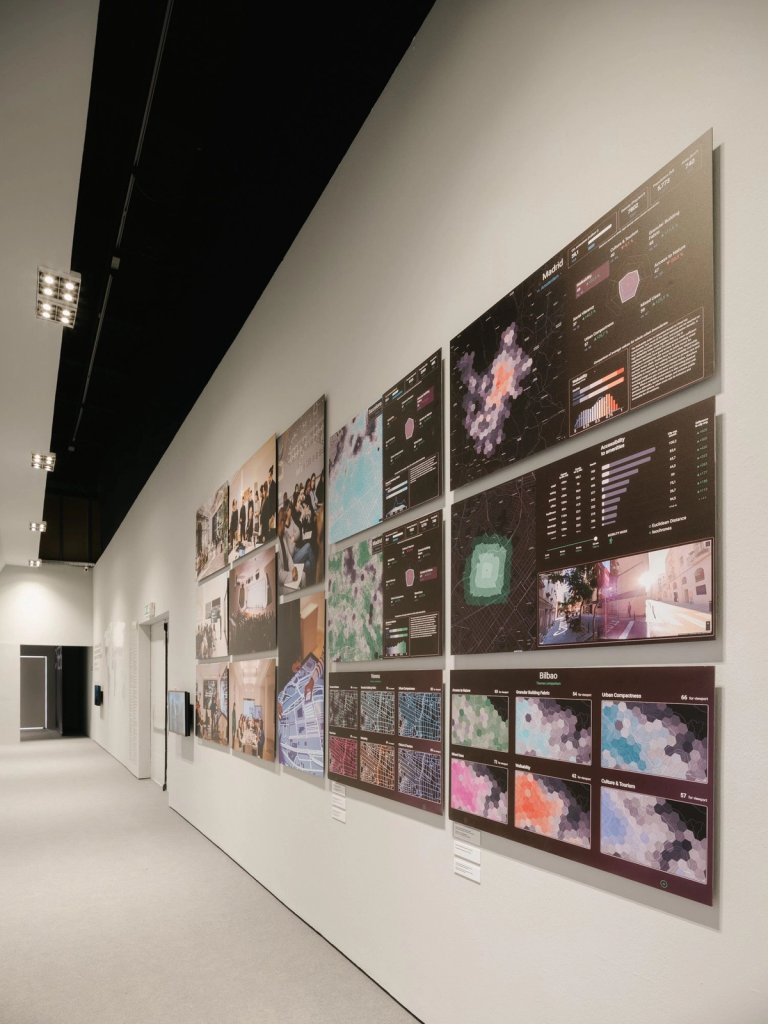Norman Foster Institute

NFI Education and Research
Learn more about our Master’s Programme on Sustainable Cities and short-format programmes—workshops, think tanks and public debates—to tackle urban challenges and foster interdisciplinary exchange.
Learn moreMore of the NFI Education and Research

NFI Centre for City Science
The NFI Centre for City Science specialises in applied research with a focus on making research tangible and relevant for deriving insights and supporting decision makers.
Learn more
NFI City Advisory
The City Advisory Unit of the NFI works with city governments, public agencies and civic organisations to support the design and delivery of human-centered urban projects.
Learn moreLife at the NFI
The NFI Campus is located in an urban setting in the Madrid district of Chamberí. Its main activities take place across four iconic buildings, all within walking distance of one another. The campus encompasses Public Event Spaces, Classrooms, Speaking Rooms, Laboratories and a Canteen, among others, to host the education and research activities of faculty and students.
Learn more
NFI Centre for City Science Digital Working Spaces
Zurbarán
NFI Conferences and Debates
General Martínez Campos
NFI Events and Library
Almagro
NFI Academic and Cultural Hub
Orfila
NFI Academic Hub
Monte Esquinza
NFI Desk
Latest News
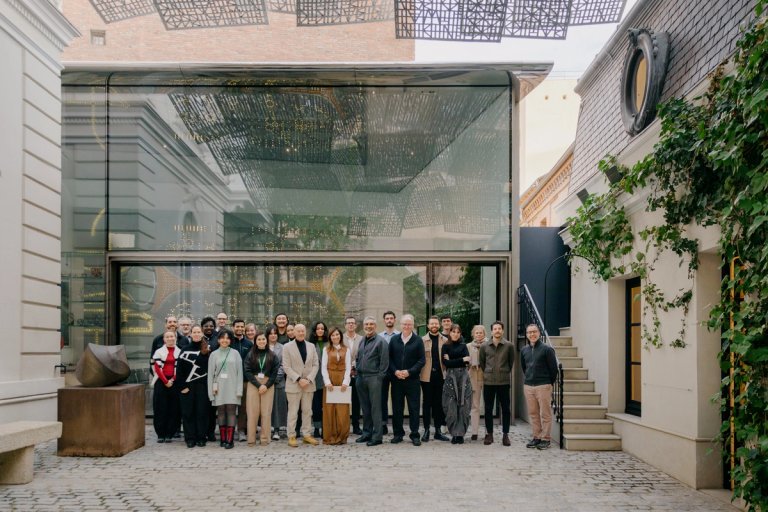
The Norman Foster Institute Inaugurates the 2026 Edition of its Master’s Programme on Sustainable Cities in Madrid
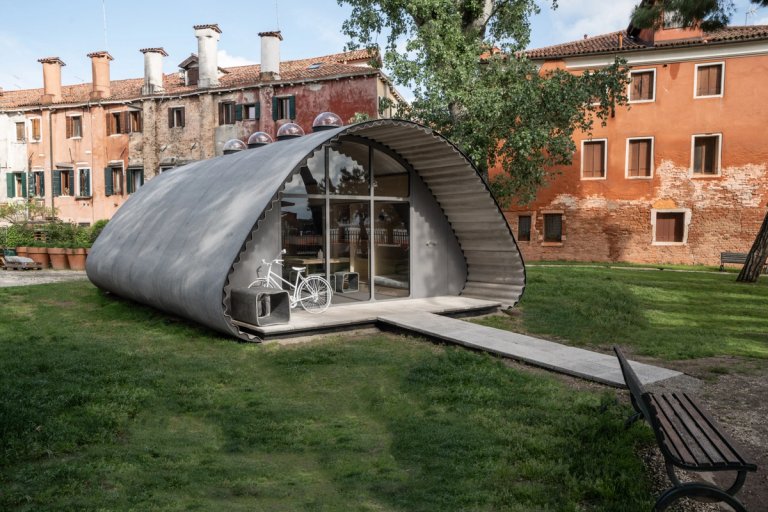
Essential Homes recognised by Architectural Digest Spain for its sustainable and socially driven design
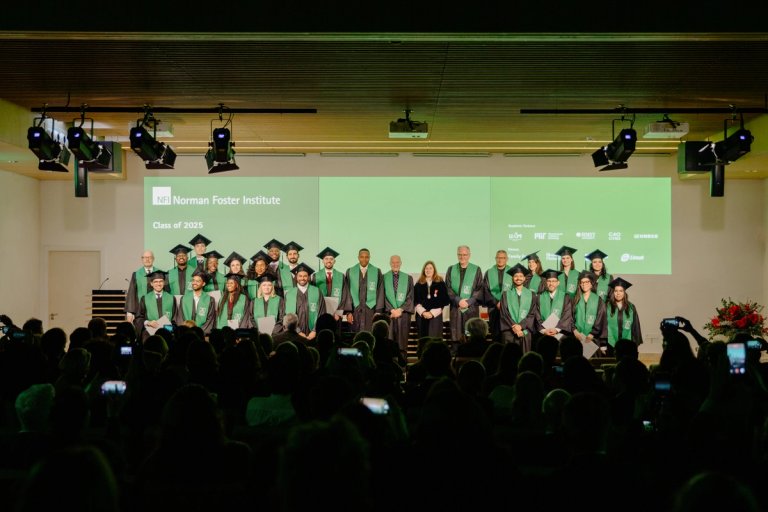
Commencement Ceremony of the Norman Foster Institute’s Class of 2025
Discover

